
Profit in Southern Texas farming has less to do with acreage and more to do with choosing the right venture. Certain ideas just click here, while others fall flat. This list skips the fantasy and highlights what’s bringing in actual income. If your goal is profit without the headaches, here are the ventures that are hitting the mark right now.
Cotton’s Dominant Cash Crop
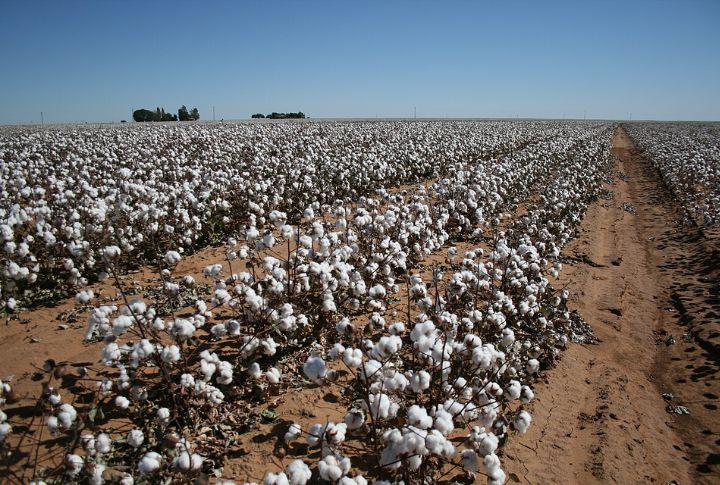
Few crops in Southern Texas rival cotton for pure revenue potential. Sometimes, annual in-state earnings surpass $1.9 billion, backed by reliable export markets and large-scale mechanization. What makes it even more appealing? Consistent global demand stabilizes pricing and cement cotton as a long-standing anchor in the region’s agribusiness economy.
Pecans Provide Long-Term Value
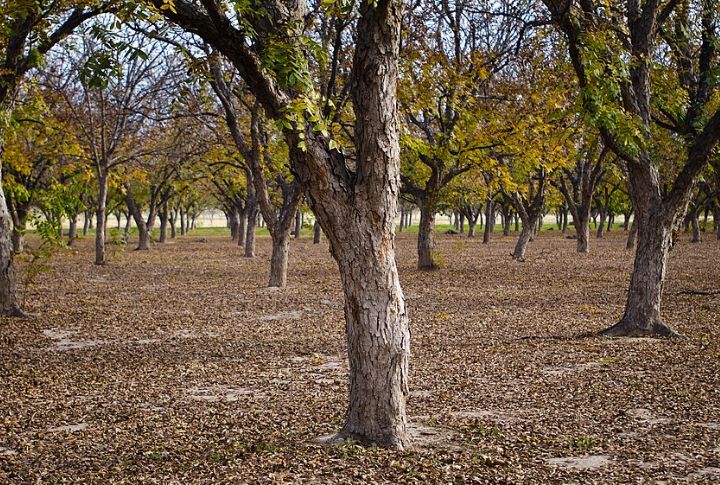
Pecans thrive in Southern Texas due to the region’s heat and well-drained soil. As a result of that, mature trees can yield over 1,000 pounds per acre, with annual earnings reaching $2,500 or more. Plus, steady demand for shelled nuts, oil, and byproducts makes pecans a durable, high-value crop with lasting market appeal.
Cattle Reign Supreme
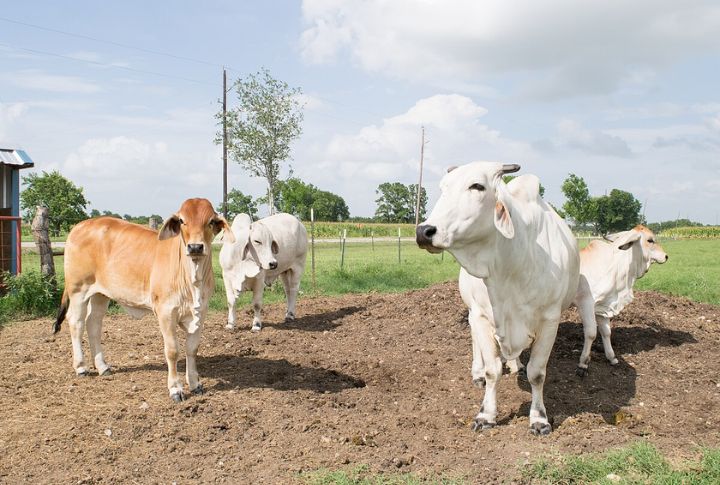
Southern Texas is home to over 4.1 million beef cattle, contributing to the state’s $15 billion cattle industry. The region’s mild winters and open grazing land further allow ranchers to operate year-round. Because of that, cattle farming delivers steady returns and stands out as one of the area’s most profitable agricultural ventures.
Citrus Cultivation Potential
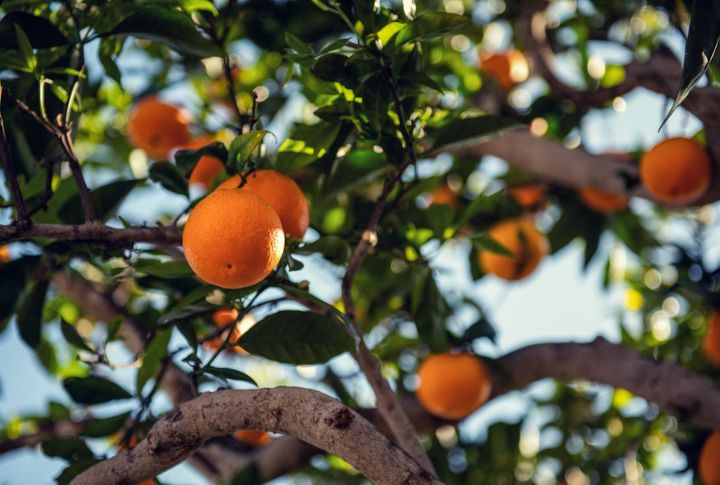
The subtropical climate in Southern Texas supports two citrus harvests a year, mainly oranges and grapefruits, generating about $38 million annually. Many growers use drip irrigation and drought-resistant rootstocks to maintain yields. Besides that, access to export routes near the Mexico border adds extra value, making citrus a strong and adaptable farming venture.
Rice Fields Near The Gulf Coast
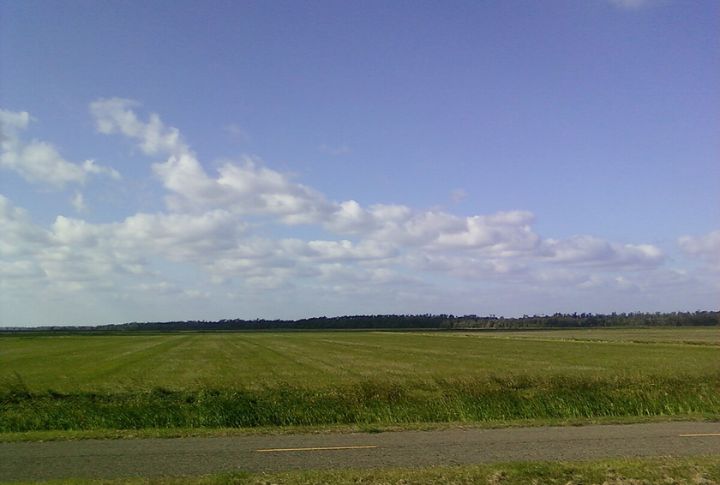
Each year, over 195,000 acres of flood-irrigated rice in Coastal South Texas contribute around $207 million to the economy. Additionally, local mills and export hubs give farmers flexibility and strong market access. Profits improve when planting aligns with water availability and focuses on long-grain varieties, which remain a staple in many Texas households.
Specialty Livestock Opportunities
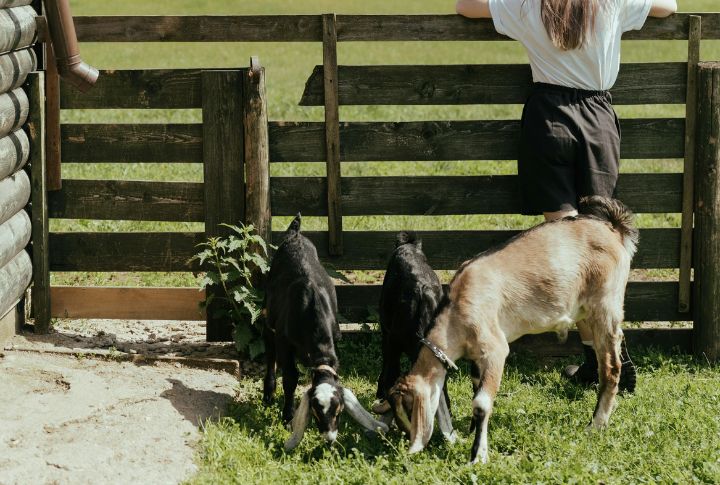
Interest in goats, pigs, sheep, and heritage poultry has opened high-margin livestock niches across the region. Goat meat, in particular, commands strong demand among diverse communities. Small land size? Not a problem. Intensive rotation and direct-to-market selling during seasonal festivals help keep these ventures financially viable on limited land.
Beekeeping And Honey Exports
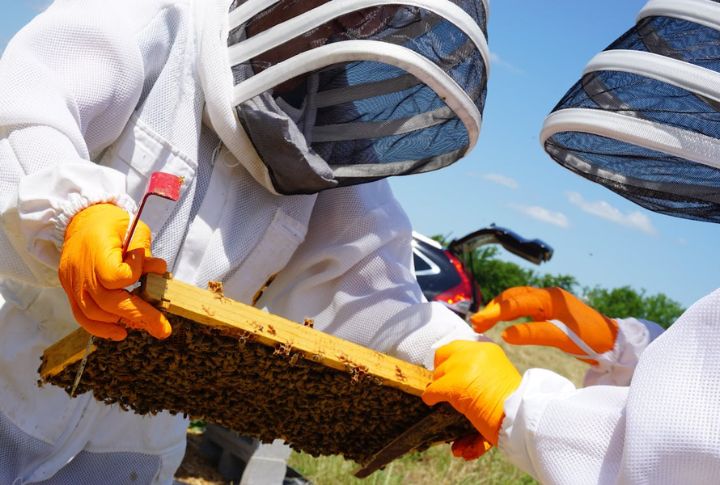
Beekeeping thrives in Southern Texas thanks to diverse flowers like citrus and mesquite. Combining high-quality honey production with value-added products like beeswax and infused honey, along with strong local and artisanal market demand, helps increase profits and ensures steady, diverse income streams for growers.
Microgreens And Herbs For Chefs
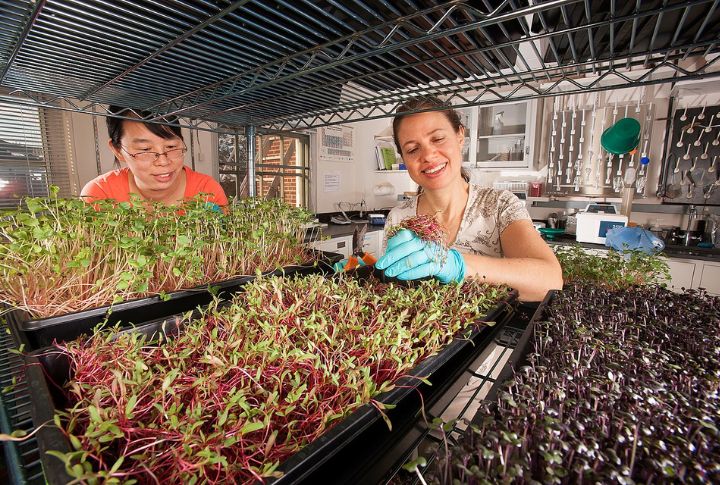
Chefs across Southern Texas are driving demand for fresh microgreens and herbs, which can sell for up to $50 per pound. Grown in shallow trays with little space, they thrive in controlled indoor setups. Consequently, growers benefit from fast harvests, with some varieties ready in 12 to 15 days and steady sales to culinary markets.
Forage Crops Support Ranching
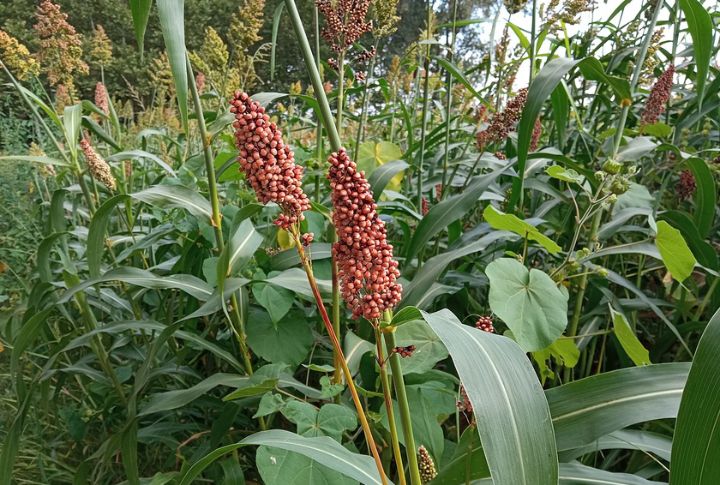
Forage crops like sorghum and alfalfa play a vital role in Southern Texas ranching. For example, sorghum fits well into cotton rotations, boosting overall farm productivity. Meanwhile, alfalfa hay can sell for up to $600 per ton. Beyond that, these crops provide reliable feed and hay income, supporting profitable livestock operations.
Greenhouse Vegetable Production
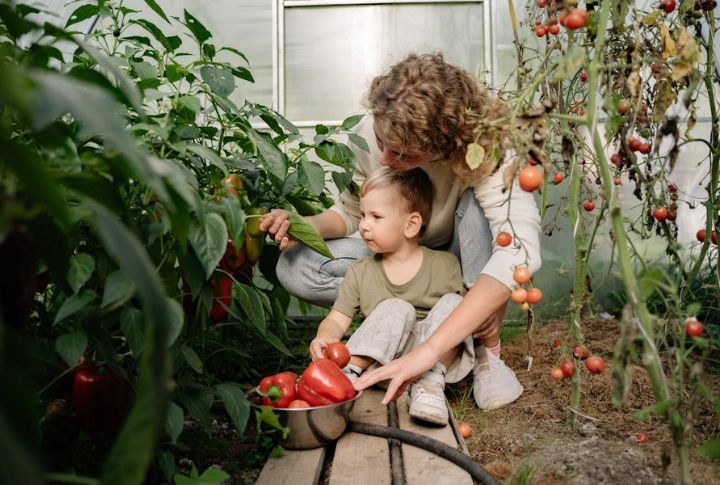
In Southern Texas, year-round farming in controlled environments offers strong returns, especially near San Antonio. Greenhouse vegetable production reduces weather risks and supports steady harvests of tomatoes, carrots, peppers, and cucumbers. That led to extended seasons and urban demand, positioning this as one of the region’s most reliable and profitable farming ventures.

